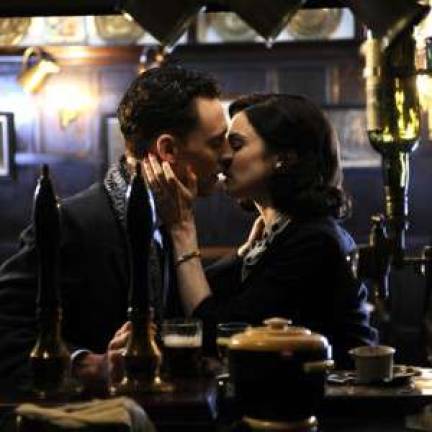Armond White: Passionate Recall

Terence Davies Salutes Rattigan and Lean When Terence Davies engages his cultural heritage as in his new movie The Deep Blue Sea, he doesn't go smart-ass and adolescent like Quentin Tarantino. Davies finds the link between his fascination for popular culture (which indeed began in his childhood) and the experience of the world that he has come to understand as an adult. Of all the post-modern filmmakers drawing reference to our artistic past, Davies demonstrates the most passionate recall. This personal method is organic to the story of Hester Collyer (Rachel Weisz), a judge's wife whose affair with a WWII pilot falls apart in the early 1950s. Hester's suicidal despair forces her into profound self-examination?it's Davies' artistic strong suit revealing the emotional, moral and spiritual inspiration found in the music, movies and the social customs that form a way of life. In Davies' notably grave way (familiar from his previous films Distant Voices, Still Lives, The Neon Bible, The Long Day Closes, The House of Mirth, Of Time and the City and his Trilogy of shorts?all recently shown at BAM's retrospective and Film Forum), cultural recall helps depict the psychic essence of 1950s England, his biographical roots. Thoroughly English, Davies' socio-political consciousness stirs his lapsed Catholic spiritual identification and becomes universal in its emotional and aesthetic detail. His art-interest brings out social awareness rather than distract from it: Hester's memory of sheltering in a subway tunnel during the Blitz is linked to "Sweet Molly Malone," one of the a cappella rendition-tropes that Davies uses to show national unity as much as nostalgic longing. Such scenes account for The Deep Blue Sea's uncanny authenticity as a cultural memoir. To read the full City Arts review click here.